Liberal arts education is the topic of lots of discussion in much of the education-related media I see day-to-day. Many articles have been written about both its merits and weaknesses. As someone who graduated from a liberal arts school, had a great experience, and now works at another intense liberal arts school, I thought it might be worth delving into the skills that going to a Program like St. John’s may afford you—and the experiences that you won’t have, or won’t have easy access to, elsewhere.
During my first week working at St. John’s, it was a part of my training to go and sit in on a few classes. One of these classes was a freshman math class. The students in the class were responsible for understanding a number of proofs from Euclid’s Elements, and then be prepared to demonstrate their understanding on a chalkboard in front of their classmates. Right off the bat, I could tell that this was a compelling way to learn math. One of my education classes in college taught me that the best way to ensure you know something is to teach it to others. These students were learning by doing in every single class they were attending. I could tell that because of the amount of participation that was required for each one of these students, they had to build up a tremendous amount of confidence, and probably had to do a lot of preparation beforehand. The conversations were really fun to follow, even if a lot of the material went completely over my head.
What struck me, though, was the way that students interacted with each other in class. They were tasked with solving a number of complex problems collectively. One explanation of a proof might begin with, “Points A and B create Point C,” but then a student might trail off and not know how to continue. Quite seamlessly, other students were able to step in and offer their opinions.
“What if this point was over here?”
“What kind of triangle does this make?”
“What is the radius of this circle?”
This was really amazing for me to watch. Each student felt free to step into the conversation and offer their opinion. Together, they solved each problem collaboratively, analyzing this information from a variety of perspectives.
I think about this all of the time when I think about the value that a St. John’s education holds in the “real world,” a world where working usually means solving problems, both big and small, through collaboration with people who hold a variety of different talents and perspectives. Our students are doing this consistently over the course of four years, talking through problems relating to math, science, language, and a number of other subjects. In the time that I have spent working, I have spent all of it on teams. This means that I have to work with others to contribute ideas, to look at situations in new ways, and ultimately learn how to use the personalities and talents on my team as a resource.
Regardless of which industry you find yourself in after graduation, this is an invaluable skill which is a rarity among job applicants who graduate from larger schools with less emphasis on in-class participation. It’s one bit of value which I believe is overlooked consistently, and one which may help you to stand out when interviewing for jobs after graduation.
